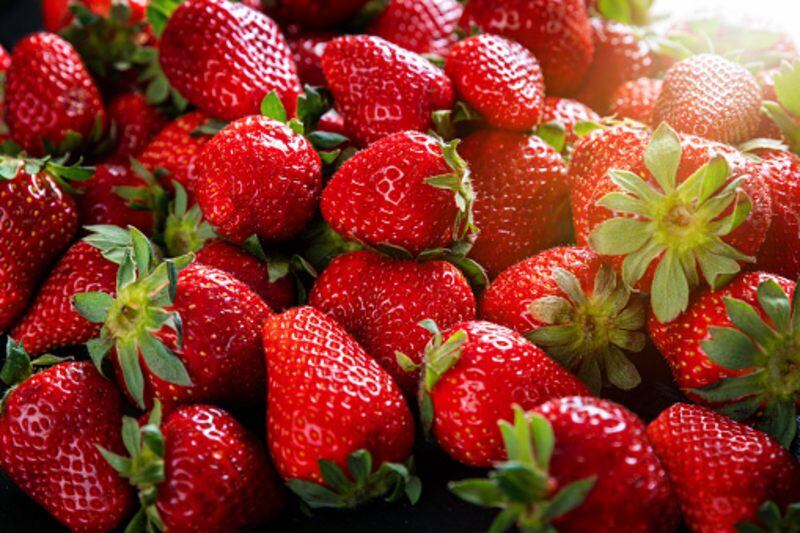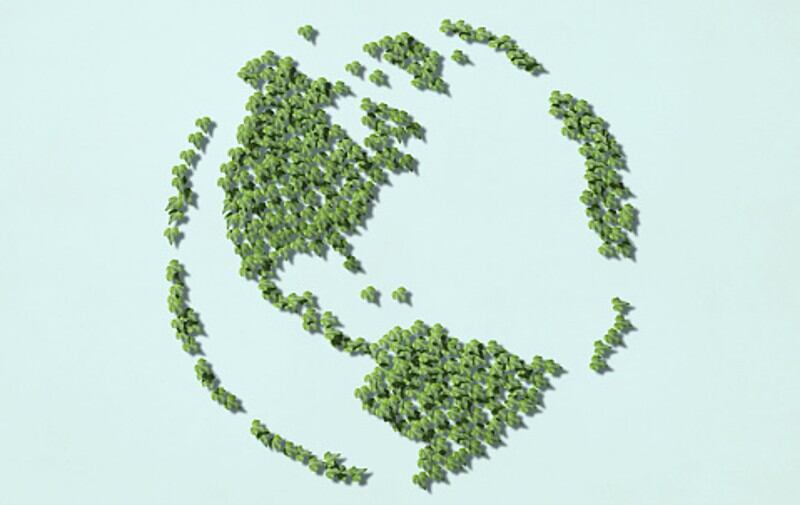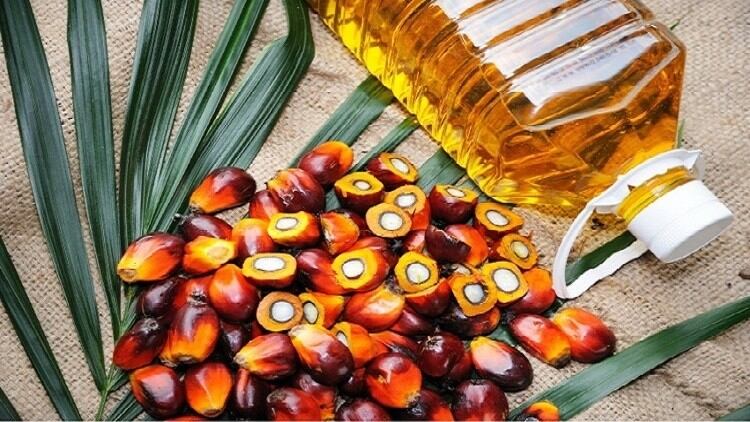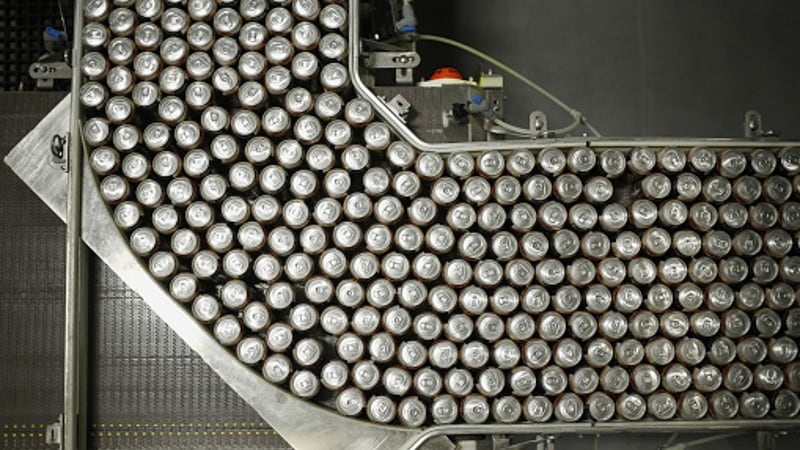The authorities attributed the drop to production difficulties, but have pledged to forge on with this initiative and even expand its reach to more markets.
South Korea developed its premium air-flown foods export strategy amidst the COVID-19 pandemic, successfully launching these in the middle of 2021 to warm response from markets such as Singapore and Hong Kong.
The success of this initiative propelled the country’s premium fruit exports to record-setting export growth numbers last year, and this further incentivized the government to develop the strategy further and initiate even more dedicated aircrafts for premium strawberry exports.
This was a very feasible strategy during the peak of COVID-19 lockdowns and border closures as strawberry farmers would have had no option to export their product otherwise – but given the gradual reopening of country borders and relaxation of travel restrictions, it remains to be seen whether this strategy is a practical long-term one.
Case in point, recent numbers revealed by South Korea’s Food Industry Policy Bureau under the Ministry of Agriculture, Food and Rural Affairs (MAFRA) showed that the amount of imports had actually decreased in the initiative’s most recent run.
“Strawberry exports for this year’s season have decreased 15.2% year-on-year, from 4,500 tons and US$60mn in value in the 2020/2021 season to 3,400 tons and US$50.8mn in value in the 2021/2022 season,” stated the bureau via a formal statement.
It stressed that the lower numbers were not to be attributed to the strategy itself, but instead to a decrease in strawberry production this season.
“This year strawberry production in South Korea was less than last year, and COVID-19 also had impacts on farming efforts, leading to the decrease in output – but strawberries remain a representative export item for South Korea, and this dedicated aircraft initiative with Korean Air to decrease export logistics difficulties will be continued,” said MAFRA.
“In fact, the average export price of strawberries has seen a 14.4% increase year-on year from US$13.2 per kilo in the last season to US$15.1 per kilo this season – in some markets such as Hong Kong and Thailand, these are recognized as high-end products and tend to be sold at prices that are two to three times higher than general products.
“[So we will not be] giving up on this strategy, but plan to continue nurturing it so as to position strawberries as an item with a premium image and can represent fresh Korean agricultural produce in overseas markets in the best way possible.”
Expanding to more markets
Apart from maintaining its current premium markets such as Singapore, Hong Kong and Thailand, MAFRA also aims to expand these premium fruit flights to more new markets in Asia.
“We will be strengthening marketing using the popularity of K-food and the Hallyu wave in order to develop new markets such as the Philippines and Mongolia,” said the ministry.
“This is alongside implementing efforts to further improve the safety and quality of the strawberries, continuing to support stable export logistics, and also nurturing more promising premium fruit varieties tailored to the various tastes of overseas consumers [which are suitable] for this premium export method.”
Despite South Korea’s seemingly unwavering belief in this strategy, it does remain to be seen whether such confidence is misplaced, especially in a time when more and more borders are opening up.
Premiumisation and the exploration of new products were big trends throughout the COVID-19 lockdowns when consumers were unable to travel or go out and had the cash to splurge on such premium products – but as travelling gradually becomes more and more possible, they are likely to be more willing to spend their money to return to travelling, which would reduce a willingness to splurge on such products.
It should also be noted that many of these premium strawberries were targeted for high-end retail stores and premium foodservice outlets – which are numerous in Singapore and Hong Kong, for example – but are likely to be less common in South Korea’s new target markets outside of the city centres.
In addition, as a whole the average income in these markets is also generally lower, so at this point it remains uncertain whether this premium strategy is a sustainable one for the region and whether it has already hit its plateau.





